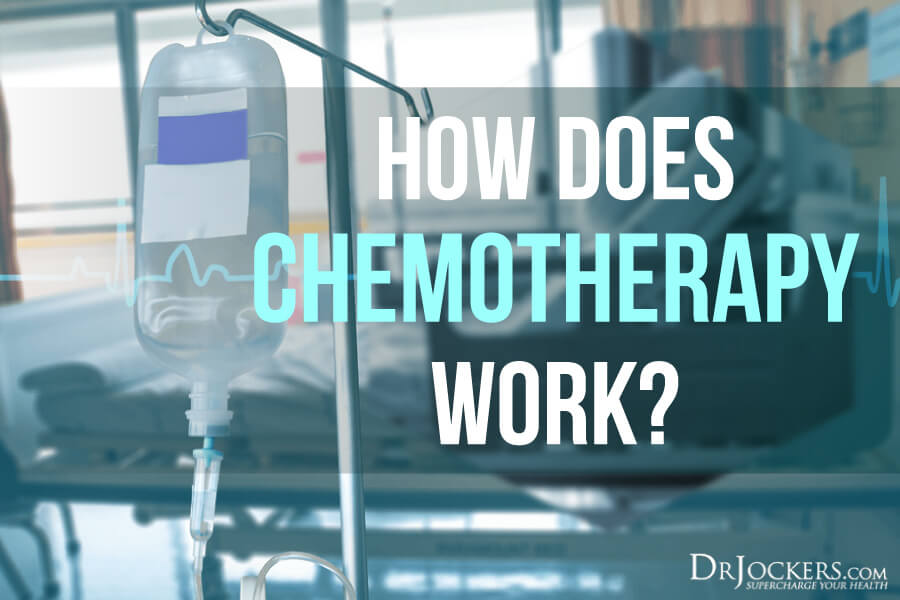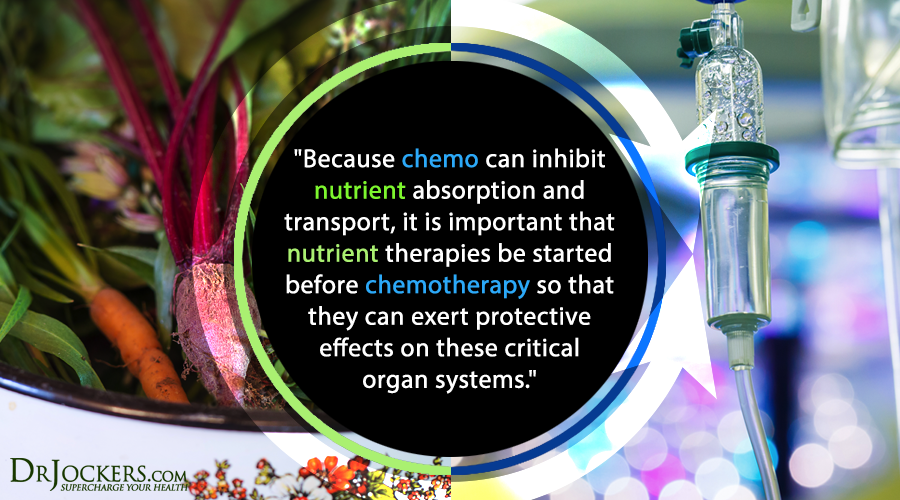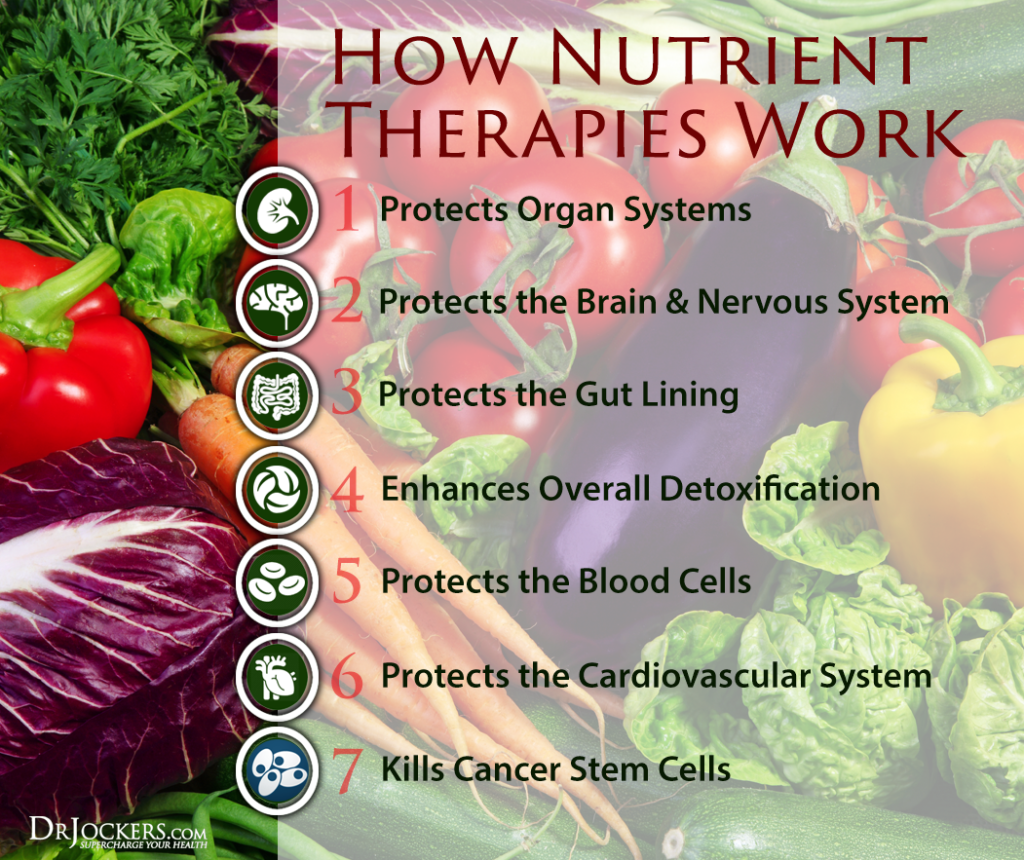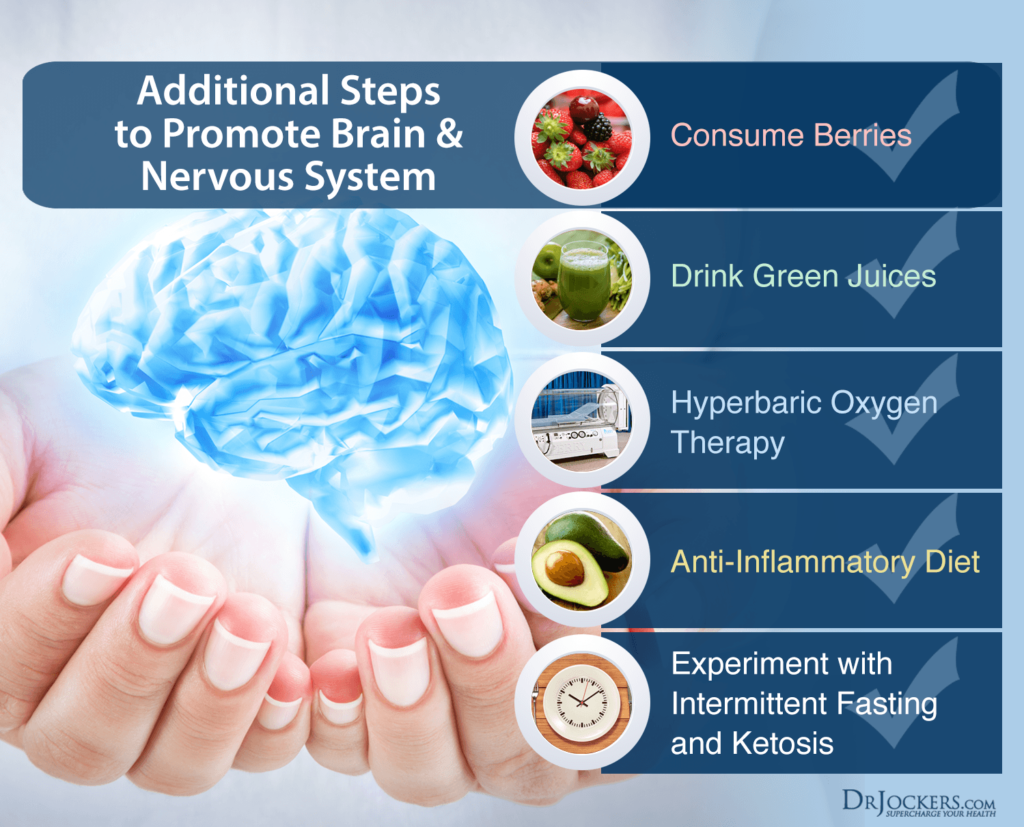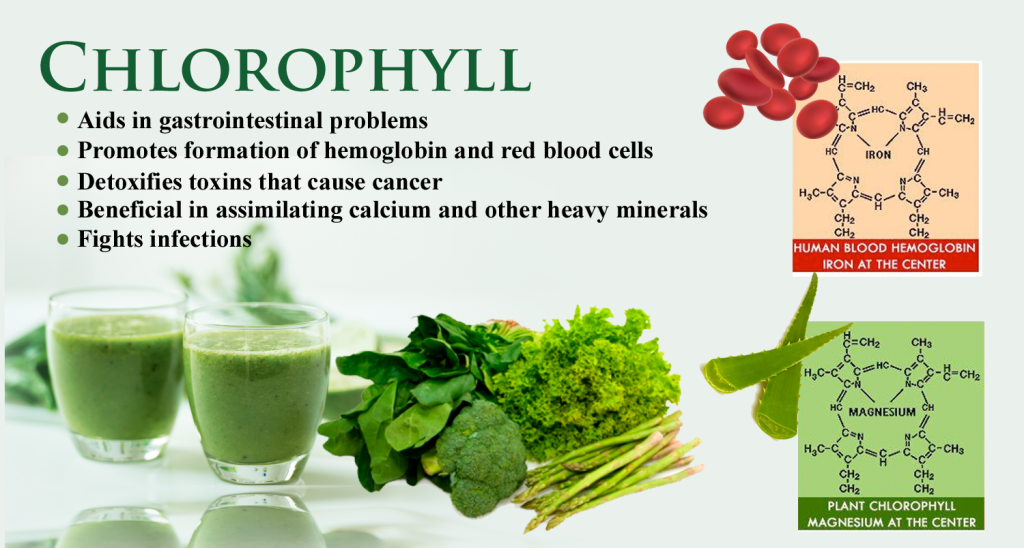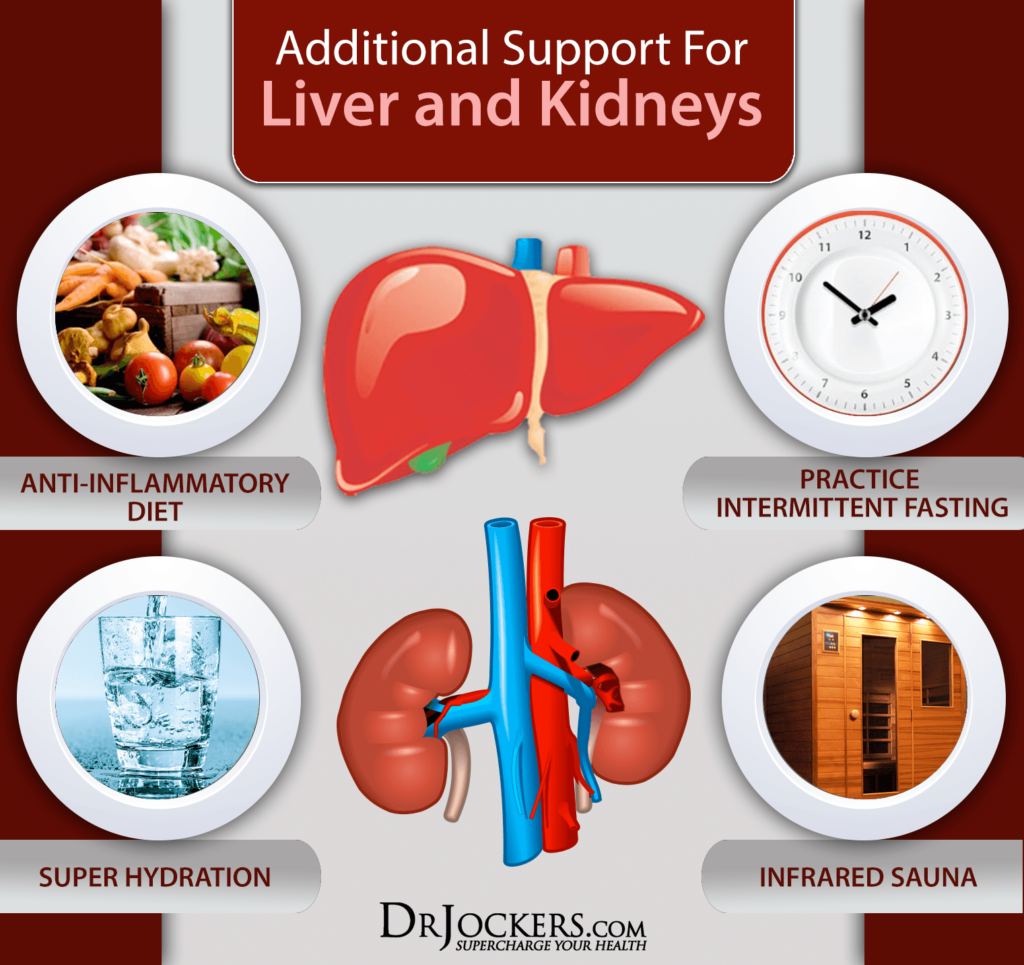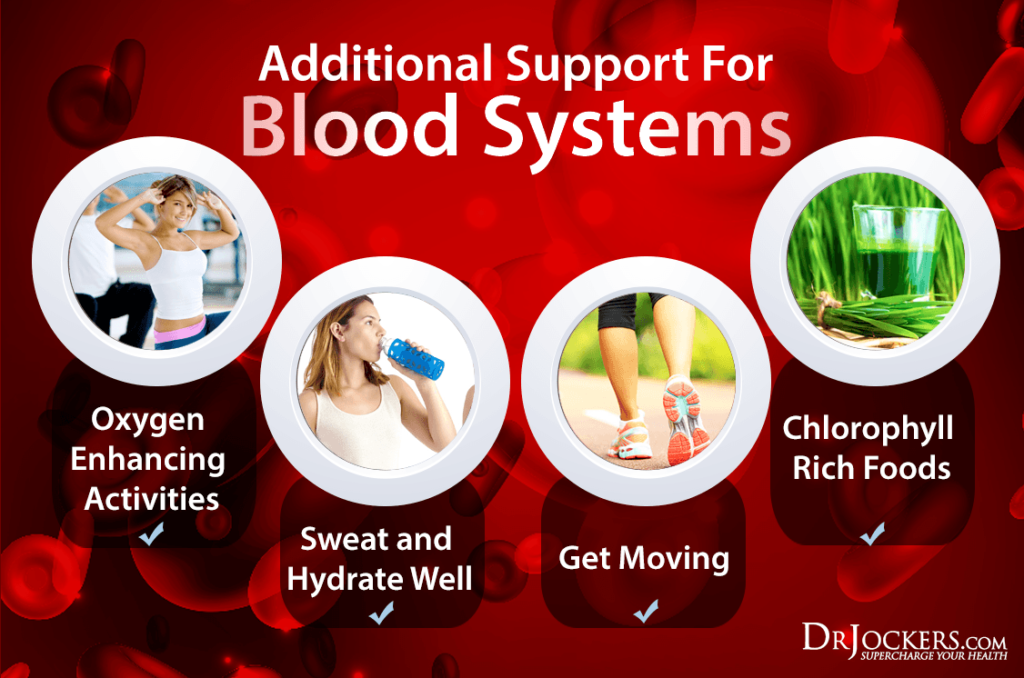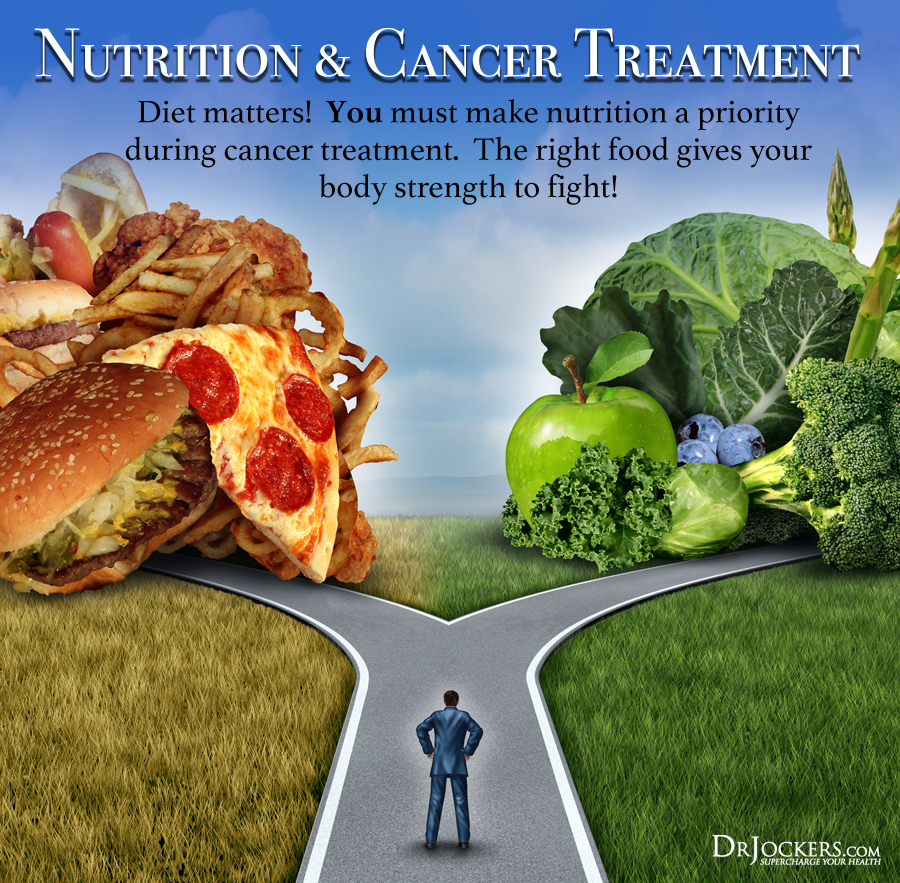How Do Chemotherapy Drugs Work?
Chemotherapy drugs, sometimes called chemo, most often refer to the treatment of cancer through the introduction of cancer-killing drugs into the body either orally or by injection. Currently, there are over 200 chemotherapy drugs being used in cancer treatment, which are separated into categories based on how they work in the body to inhibit cancer growth (1).
Chemotherapy drugs are categorized into the following categories: alkylating agents, anti-estrogens, antimetabolites, antitumor antibiotics, plant alkaloids (synthetic), topoisomerase inhibitors, and unclassified cytotoxic agents. Although, as a patient, it can be overwhelming trying to understand exactly how all of these chemotherapy drugs work, they ultimately are designed to target and disrupt the cell cycle of rapidly dividing cells. The cell cycle simply refers to the process through which cells grow and divide.
In healthy cells, growth and division are highly regulated. Cancer cells, however, progress through this process at an abnormally high rate.
Because proper cell division requires the copying of DNA, many chemotherapy drugs are designed to block or interfere with the DNA replication process. By doing so, the cells become severely damaged and are destroyed through a process called apoptosis.
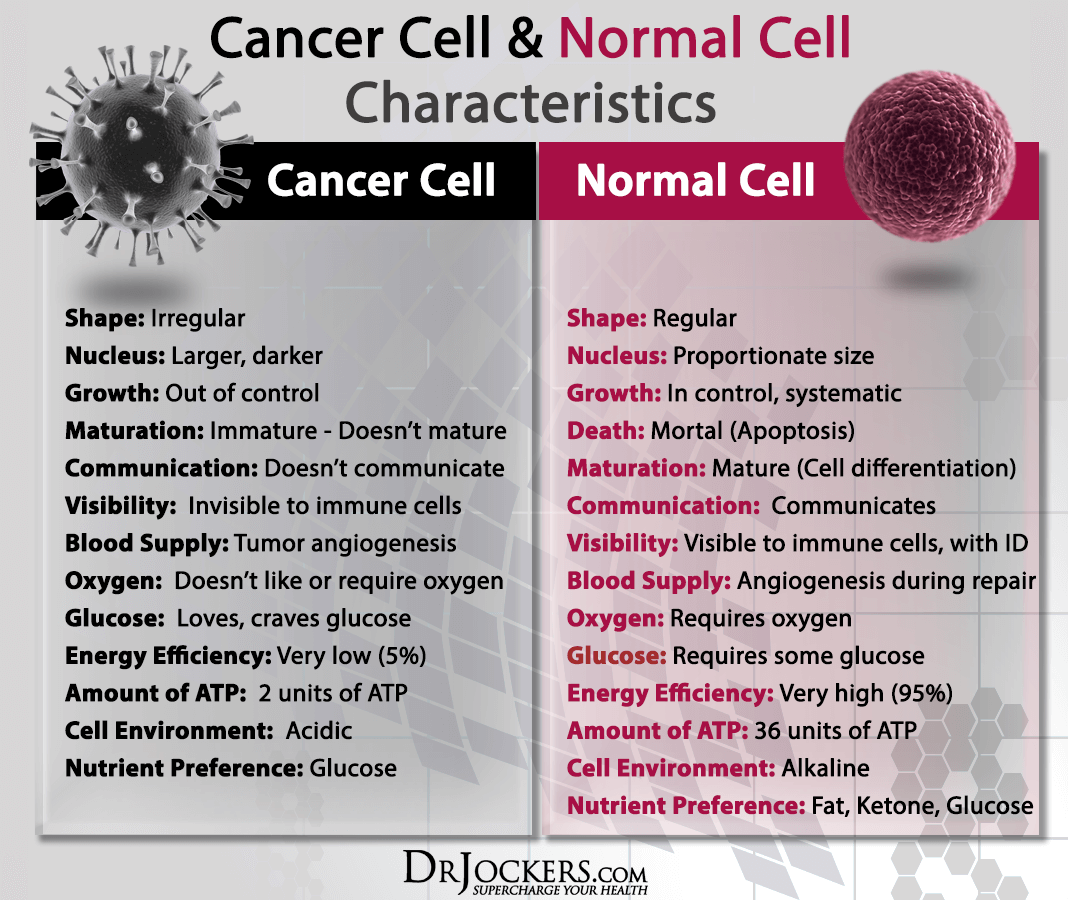
The Dangers of Chemotherapy
The many side effects associated with chemotherapy drugs are tied to damage to healthy cells that lead to organ system malfunction. It should be apparent that to heal the body of something like cancer, especially when receiving chemotherapy, side effects should be avoided if possible because the cell damage associated with them severely limits natural healing processes.
Luckily, nutrient-based strategies are available to prevent side effects and support healing. Before beginning chemotherapy, it is wise to consult with a functional nutritionist so you can begin a program of healing foods and supplements to lessen the damage done to the body by chemotherapy drugs and/or radiation treatments.
Key Side Effects and Signs of Organ Damage
Although chemotherapy drugs have the ability to kill cancer cells, they can also damage and kill healthy cells. For example, the cells of the gut are easily damaged by chemotherapy due to their rapidly dividing nature (similar to cancer cells). Certain immunity-regulating cells can also be critically damaged by chemotherapy drugs.
One of the most unfortunate ideas perpetuated to someone under conventional cancer treatment is that side effects are to be expected and a normal reaction to treatment. Unless a second opinion is received from a doctor with advanced nutritional knowledge as it relates to cancer treatment, then typically nothing will be done to mitigate these side effects. What must be realized, however, is that many of these side effects are critical signs of organ damage.
If left unchecked, these damages will severely limit the body’s natural ability to heal itself from cancer. In some cases, additional drugs will be administered to help manage side effects, but these substances do not provide support for damaged organs and will only raise the toxic burden on the liver and kidneys.
By associating the many side effects of different chemotherapy drugs with the root cause, natural strategies can be implemented to heal organ damage, mitigate side effects, and improve the chances of remission.
Nervous System
Depending on the chemotherapy drugs used for treatment, it is possible to incur damage to the nervous system. This is observed most prominently in the acute injury of the neural stem cells and the delayed occurrence of peripheral neuropathy (2). This damage is likely due to the high levels of inflammation and free radicals caused by treatment, but luckily, there are many nutrients with neuroprotective effects.
Damages: Damages to Neural Stem Cells (acute), Damages to Myelin (Delayed)
Side Effects: Brain Fog, Anxiety, Depression, Peripheral Neuropathy
Neuroprotective Nutrients
ALA, Curcumin, Quercetin, Magnesium, CoQ10, Milk Thistle, Ginkgo Biloba, Vitamin D, N-Acetyl Cysteine
In addition to the nutrients listed above, the upregulation of the Nrf2 signaling pathway provides powerful neuroprotective effects (3). Curcumin, EGCG, Resveratrol, and Sulforaphane all have the ability to support the Nrf2 pathway.
Peripheral Neuropathy: Curcumin, EGCG, Berberine (Oregon Grape), Quercetin (4)
Additional Steps to Promote Brain & Nervous System Health
- Consume Berries: Blueberries, especially,have demonstrated a remarkable ability to protect neuronal tissue from oxidative stress. This may be due to the high concentrations of anthocyanidins (5). Blueberries also contain a variety of other cancer-fighting nutrients such as pterostilbene, resveratrol, flavonols, and tannins. Conventional berries are subject to high levels of pesticides, so it is important to purchase high-quality organic berries when available.
- Drink Green Juices: Try one like this Super Brain Green Juice (Recipe)
- Hyperbaric Oxygen Therapy: Enriching the tissues with oxygen upregulates antioxidant gene expression and has displayed vast neuro-regenerative effects. (6, 7)
- Anti-Inflammatory Diet: Substitute carbohydrate-dense foods with high amounts of healthy fats, including, coconut, avocado, olive oil, and wild fish. MCTs in coconut oil and the long-chain omega-3 fats EPA and DHA in fish are especially helpful for controlling inflammation and promoting brain health.
- Experiment with Intermittent Fasting and Ketosis: Caloric restriction and fat adaptation are both associated with lower systemic inflammation as well as neural.
Digestive Tract
Chemotherapy drugs are particularly damaging to the digestive tract because, similarly to cancer cells, the cells of the gut are rapidly dividing. The side effects and complications of digestive tract damage can vary widely from nausea to autoimmunity.
If using nutritional strategies to assist chemotherapy, it is also critically important to protect the gut to ensure that nutrients are being properly absorbed into the body.
Damages: Destruction of Microbiome, Damage to Mucous-secreting Structures, Loosening of Gap Junctions (Leaky Gut)
Side Effects: Nausea, Vomiting, Poor Digestion, Malnourishment, Leaky Gut, Autoimmunity (sudden food allergies), Food Aversions
Helpful Nutrients:
Anti-Inflammatory: Quercetin, Curcumin, L-glutamine, Vitamin E (Succinate), Flavonoids (9, 10, 11, 12)
Increasing Mucosal Secretions: Ginger, Licorice Root, Marshmallow Root, Fennel
Microbiome Support: Probiotic Supplement, Prebiotic Fiber-Rich Diet
Liver & Kidneys
The liver and kidneys are two of the most important toxin-eliminating structures of the body. Together, these organs detoxify the blood and ensure that the right nutrients are sent to our tissues. The liver and kidneys often get overwhelmed and begin to fail when exposed to chemotherapy, which often leads to discontinued treatment and cancer becoming more aggressive. These organs can be supported nutritionally to prevent unwanted events.
Damages: Organ Toxicity, Detoxification Enzyme Inhibition
Side Effects: Fatigue, Malnourishment (poor nutrient conversion), Hormonal Imbalance, Skin Blemishing, Secondary Cancer Development
Helpful Nutrients:
Liver Detoxification Support:
Phase I & II: Calcium-d-glucarate, Sulfur Compounds (cysteine, methionine, sulforaphane), L-glutamine, Ginger, Milk Thistle, Glutathione, Curcumin, Magnesium, EGCG (13)
Phase III: Dandelion Extract, Fenugreek, Fennel
Nrf2 upregulation will also help protect and support detoxification systems and can be stimulated with the inclusion of dietary glucorophanin, turmeric, EGCG, and resveratrol (14).
Additional Support for Liver and Kidneys:
- Anti-Inflammatory Diet: Consume a diet high in healthy fats, antioxidant-rich and organic vegetables, and protein from clean sources. Dark green leafy and cruciferous vegetables are especially beneficial for the liver.
- Super Hydration: Consume plenty of clean water, especially in the morning. Start your day with 16-32 oz of water in the first 30 mins after waking. Try to drink half your body weight in ounces before 12 PM.
- Practice Intermittent Fasting: Practice intermittent fasting to allow more time between meals for detoxification. Consume your meals in a 6–8-hour window, such as 12 PM – 6 PM, and do only water, green juices, herbal teas, and fermented drinks during non-eating hours.
- Infrared Sauna: Try using an infrared sauna to stimulate detoxification through sweat.
Blood Systems
Once nutrients have been absorbed through the GI tract and passed through the liver, it is up to the cardiopulmonary system to circulate and deliver them to cells around the body. In addition, the blood contains many specialized cells that are responsible for carrying oxygen and regulating the immune system.
Depending on what chemo drug is used, different damage can be done to the blood system, including cardiac toxicity, damage to blood-cell forming tissues, and lung damage. Of particular concern is the damage done to the blood-forming cells in the bone marrow, which suppresses the immune system and promotes the development of secondary cancers like leukemia. There are several nutritional strategies that can be used to prevent these harmful side effects.
Damages: Destruction of blood-forming cells, Damage to myocardium, Damage to Lungs
Side Effects: Fatigue, Immunosuppression, Anemia, Heart Attack, Secondary Cancer (Lymphoma, Leukemia), Hypoxia (low blood oxygen)
Helpful Nutrients:
Cardiac Toxicity Prevention: Vitamin E Succinate, Vitamin C, N-Acetylcysteine, CoQ10, Melatonin (15)
Supporting Blood-Forming Tissues: Curcumin, Multivitamin (containing adequate levels of folate, methylcobalamin, pyridoxal-5-phosphate, vitamin c, vitamin E succinate, and niacinamide)
Protecting the Lungs: Curcumin, EGCG from green tea, Vitamin E Succinate
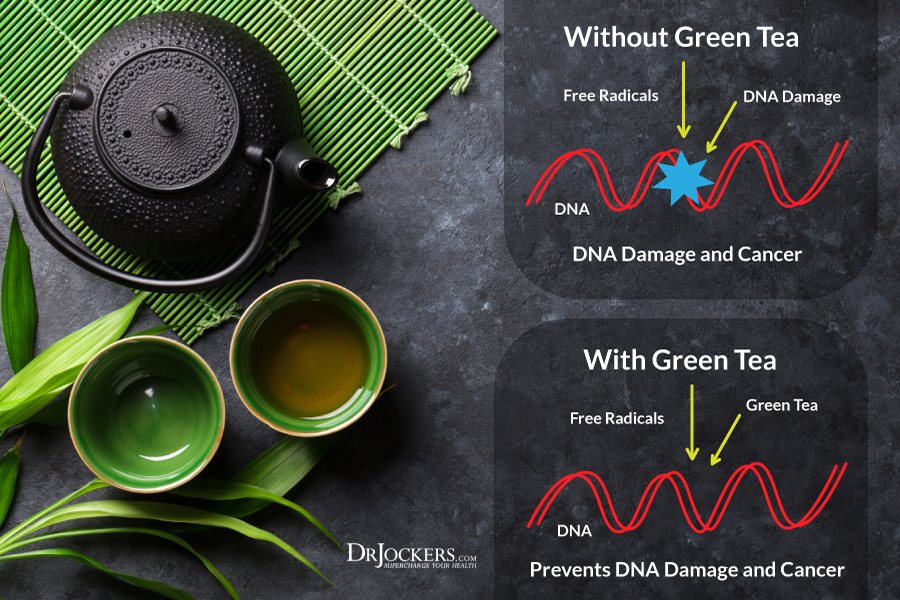
Additional Support For Blood Systems
- Oxygen Enhancing Activities: Engage in activities that enrich the blood with oxygen, such as aerobic exercise and hyperbaric oxygen therapy.
- Sweat and Hydrate Well: Induce sweating, such as with infrared sauna use, in combination with adequate hydration.
- Get Moving: Avoid spending long amounts of time sitting or being sedentary, as this will drastically inhibit circulation.
- Chlorophyll Rich Foods: Consume chlorophyll-rich foods to detoxify the blood (parsley, spirulina, wheat grass)
Broad-Range Cancer Treatment Support
Antioxidant use in conjunction with modern Western cancer therapy has long been a topic of controversy, and (predating current scientific evidence), there were concerns that they could potentially interfere with treatment. Combining the oxidative effects of radiotherapy or chemotherapy with an antioxidant therapy may seem like a bit of a self-negation.
This was a long-held conventional theorization. More recent research, however, has been conducted on this specific concern, and the results provide a paradigm-shifting conclusion.
Not only do dietary antioxidants not interfere with radiation therapy, but they actually make radiotherapy more effective and less harmful to healthy tissues (16). Among the antioxidants reviewed were vitamin A, vitamin E, selenium, vitamin D, glutathione, the B-vitamins, and cysteine.
The findings in the 2008 study are significant because antioxidants have a very wide range of benefits, particularly in cancer treatment. Because much of the peripheral damage of cancer treatment is caused largely by oxidative stress and inflammation, increasing the body’s antioxidant defense systems will drastically reduce side effects and limit suffering by the patient. The addition of antioxidant rich foods and supplements may be one of the key foundational nutritional strategies in protecting the body from chemotherapy damage.
After Treatment
The strategies outlined in this article are critical for maximum healing during chemotherapy treatment. During chemotherapy, a poison is put into the body, and it creates a tremendous amount of stress that leads to many unhealthy side effects. By using nutrient therapies along with chemotherapy, there is more of a controlled demolition of cancer cells in the body while strengthening the integrity of healthy cells. When chemotherapy treatment is finished, however, nutrient therapies remain an important factor for long-term success.
Several chemotherapy-induced side effects can persist for years after treatment, often as a delayed consequence of systemic toxicity, free radical formation, and inflammation. The following are lifestyle strategies to optimize health post-chemotherapy:
- Antioxidant Rich Diet: Consume plenty of antioxidant rich vegetables, especially green leafy and sprouts. Juicing these can make consuming them much easier. Also include plenty of these cancer fighting foods.
- Ketogenic Diet: Consider adopting a ketogenic style of eating.
- Daily Detoxification Strategies: Implement daily detoxification strategies such as: Infrared Sauna, Super Hydration, Intermittent Fasting, Oil Pulling, and Exercise.
- Key Immune Modulating Nutrients: Optimize Vitamin D and Glutathione levels.
- Prayer and Meditation: Practice stress mitigation strategies like prayer and meditation
Final Thoughts
Although chemotherapy drugs can kill cancer cells, they are also very dangerous if not controlled by the body. The damages done by chemo can be mitigated by natural compounds, which will drastically reduce side effects. For best results, these nutrient therapies should be implemented before, during, and after treatment.
When meeting with an oncologist to discuss treatment, be sure to clarify which chemotherapy agents will be used and the expected side effects that will occur. By being proactive in this manner, you will be able to better plan which nutrient strategies to implement.
If you want to work with a functional health coach, I recommend this article with tips on how to find a great coach. On our website, we offer long-distance functional health coaching programs. For further support with your health goals, just reach out—our fantastic coaches are here to support your journey.

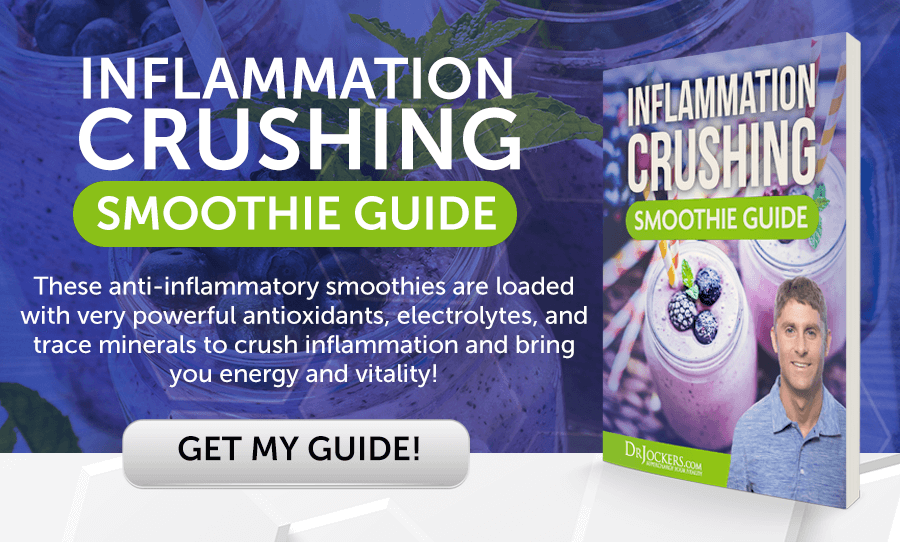 Inflammation Crushing Ebundle
Inflammation Crushing Ebundle
The Inflammation Crushing Ebundle is designed to help you improve your brain, liver, immune system and discover the healing strategies, foods and recipes to burn fat, reduce inflammation and thrive in life!
As a doctor of natural medicine, I have spent the past 20 years studying the best healing strategies and worked with hundreds of coaching clients, helping them overcome chronic health conditions and optimize their overall health.
In our Inflammation Crushing Ebundle, I have put together my very best strategies to reduce inflammation and optimize your healing potential. Take a look at what you will get inside these valuable guides below!
Sources For This Article Include:
1. Cancer.org
2. Gibson, E., & Monje, M. (2012). Effect of cancer therapy on neural stem cells: implications for cognitive function. Current Opinion in Oncology, 24(6), 672–8. PMID: 22913969
3. Joshi, G., & A. Johnson, J. (2012). The Nrf2-ARE Pathway: A Valuable Therapeutic Target for the Treatment of Neurodegenerative Diseases. Recent Patents on CNS Drug Discovery, 7(3), 218–229. PMID: 22742419
4. Testa, R., Bonfigli, A. R., Genovese, S., De Nigris, V., & Ceriello, A. (2016). The possible role of flavonoids in the prevention of diabetic complications. Nutrients, 8(5), 1–13. PMID: 27213445
5. Davinelli, S., Maes, M., Corbi, G., Zarrelli, A., Willcox, D. C., & Scapagnini, G. (2016). Dietary phytochemicals and neuro-inflammaging: from mechanistic insights to translational challenges. Immunity & Ageing : I & A, 13, 16. PMID: 27081392
6. Godman, C. A., Joshi, R., Giardina, C., Perdrizet, G., & Hightower, L. E. (2010). Hyperbaric oxygen treatment induces antioxidant gene expression. Annals of the New York Academy of Sciences, 1197, 178–183. PMID: 20536847
7. Boussi-Gross, R., Golan, H., Fishlev, G., Bechor, Y., Volkov, O., Bergan, J., … Efrati, S. (2013). Hyperbaric oxygen therapy can improve post concussion syndrome years after mild traumatic brain injury – Randomized prospective trial. PLoS ONE, 8(11). PMID: 24260334
8. Gano, L. B., Patel, M., & Rho, J. M. (2014). Ketogenic diets, mitochondria, and neurological diseases. The Journal of Lipid Research, 55(11), 2211–2228. PMID: 24847102
9. Suzuki, T., & Hara, H. (2011). Role of flavonoids in intestinal tight junction regulation. Journal of Nutritional Biochemistry, 22(5), 401–408. PMID: 21167699
10. He, Y., Yue, Y., Zheng, X., Zhang, K., Chen, S., & Du, Z. (2015). Curcumin, inflammation, and chronic diseases: How are they linked? Molecules, 20(5), 9183–9213. PMID: 26007179
11. Jolfaie, N. R., Mirzaie, S., Ghiasvand, R., Askari, G., & Miraghajani, M. (2015). The effect of glutamine intake on complications of colorectal and colon cancer treatment: A systematic review. Journal of Research in Medical Sciences, 20(9), 910–918. PMID: 26759580
12. Haniadka, R., Saldanha, E., Sunita, V., Palatty, P. L., Fayad, R., & Baliga, M. S. (2013). A review of the gastroprotective effects of ginger (Zingiber officinale Roscoe). Food & Function, 4(6), 845–55. PMID: 23612703
13. Hodges, R. E., & Minich, D. M. (2015). Modulation of Metabolic Detoxification Pathways Using Foods and Food-Derived Components: A Scientific Review with Clinical Application. Journal of Nutrition and Metabolism, 2015. PMID: 26167297
14. Tang, W., Jiang, Y. F., Ponnusamy, M., & Diallo, M. (2014). Role of Nrf2 in chronic liver disease. World Journal of Gastroenterology, 20(36), 13079–13087. PMID: 25278702
15. Zhang, J., Cui, X., Yan, Y., Li, M., Yang, Y., Wang, J., & Zhang, J. (2016). Research progress of cardioprotective agents for prevention of anthracycline cardiotoxicity. PMID: 27508008
16. Ii, C. B. S., Simone, N. L., Simone, V., & Simone, C. B. (2007). Antioxidants and Other Nutrients I. Alternative Therapies, 13(1), 22–28. PMID: 17283738
